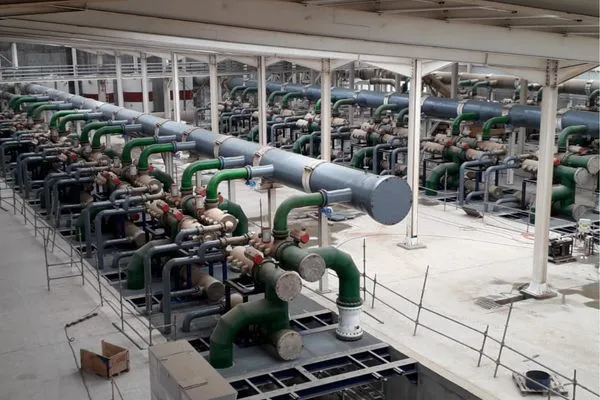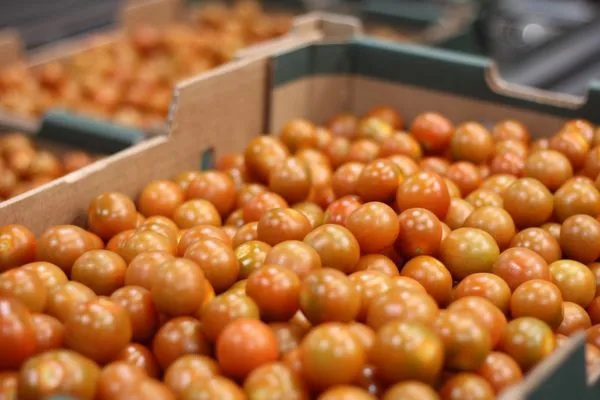While the tomato industry in Morocco is facing many hardships this season, drought is not the biggest one, thanks to the Chtouka Ait Baha desalination plant. The facility became operational in 2022 and was welcomed as a 'blessing' by a region distressed by the creeping aridity of its water table.
Amine Maataoui Belabbes, General manager of Comaprim, explains: "The desalination plant has brought us relief. Hydric stress has long been a sword of Damocles over the heads of the growers. Now, they can work again in serenity with regard to water availability. Of course, the cost of its water is very high, but it is a blessing because it represents a guarantee of continuity for the rather heavy investments that are undertaken by the producers. As far as the water supply is concerned, things can only get better in the Souss Massa region."

The region will therefore maintain its position as the first tomato supplier in Morocco: "In the Souss Massa region, the climate is very well suited for tomato production. It is neither very cold nor very hot. We enjoy 360 days of sunshine per year and a mild climate for most of the season. There are other regions in Morocco with these characteristics, but they still require the development of arable land and agricultural and logistical infrastructures. Projects are underway to develop these regions, especially in Dakhla," in the extreme south of the country.
The Moroccan government launched the Dakhla desalination plant project in 2022, which will increase the production capacity of export tomatoes. "The plant will have the capacity to provide water for an area of 5200 ha and will strengthen the production and export of tomatoes and other fruits and vegetables. The call for tenders was launched a few months ago, and several big tomato producers have expressed their interest. "

"At Comaprim, we have also expressed our interest in contributing to this project. We are a large group of growers recognized by the government as an 'aggregator.' This is a status discerned in organizations that are recognized for their ability to support small and average growers and help them raise their proficiency and improve the value of their production. Because of the social impact aggregators have, the government decided to give them priority in dedicated areas of this project."
The Dakhla desalination plant will also be accompanied by investments in logistics infrastructure, including the expansion of the port of Dakhla. Amine comments, "it is an investment of great ambition and will provide Morocco with another region of agricultural production, including tomatoes."
The desalination plant in Dakhla requires an investment of 180 million euros and is expected to be operational in 2025.
For its part, Comaprim operates an area of 400 ha in the Souss Massa region and exports, in particular, to the UK. "We have long been positioned on the British market. One in four Moroccan tomatoes sold in the UK, as well as half of the Moroccan cucumbers, are produced by Comaprim," concludes Amine.
For more information:
Amine Maataoui Belabbes
Comaprim
Tel.: +212 528 303 101
Email: amine.maataoui@comaprim.ma
www.comaprim.ma
